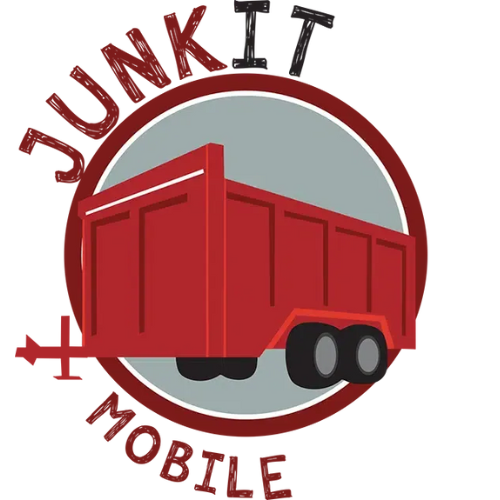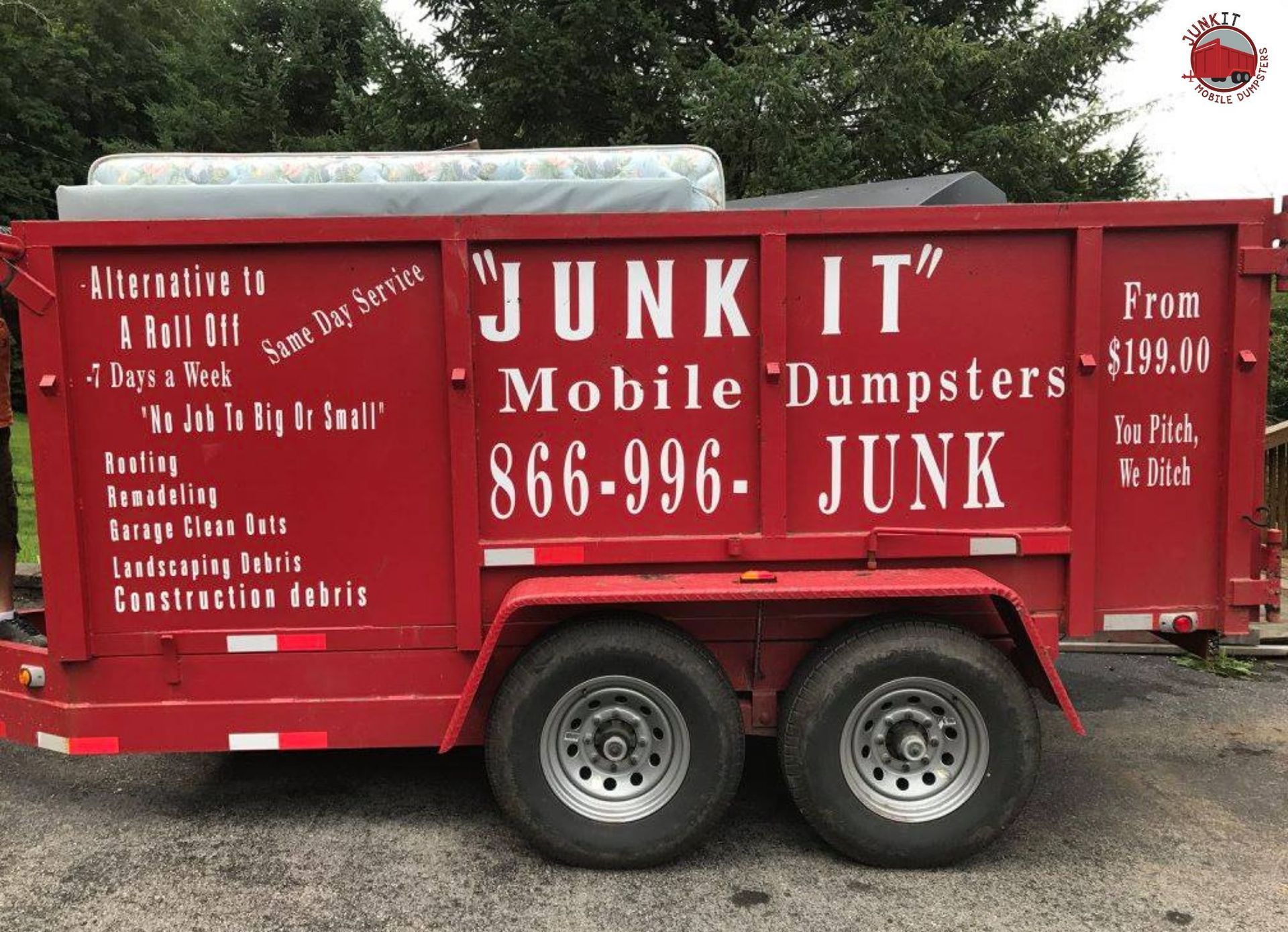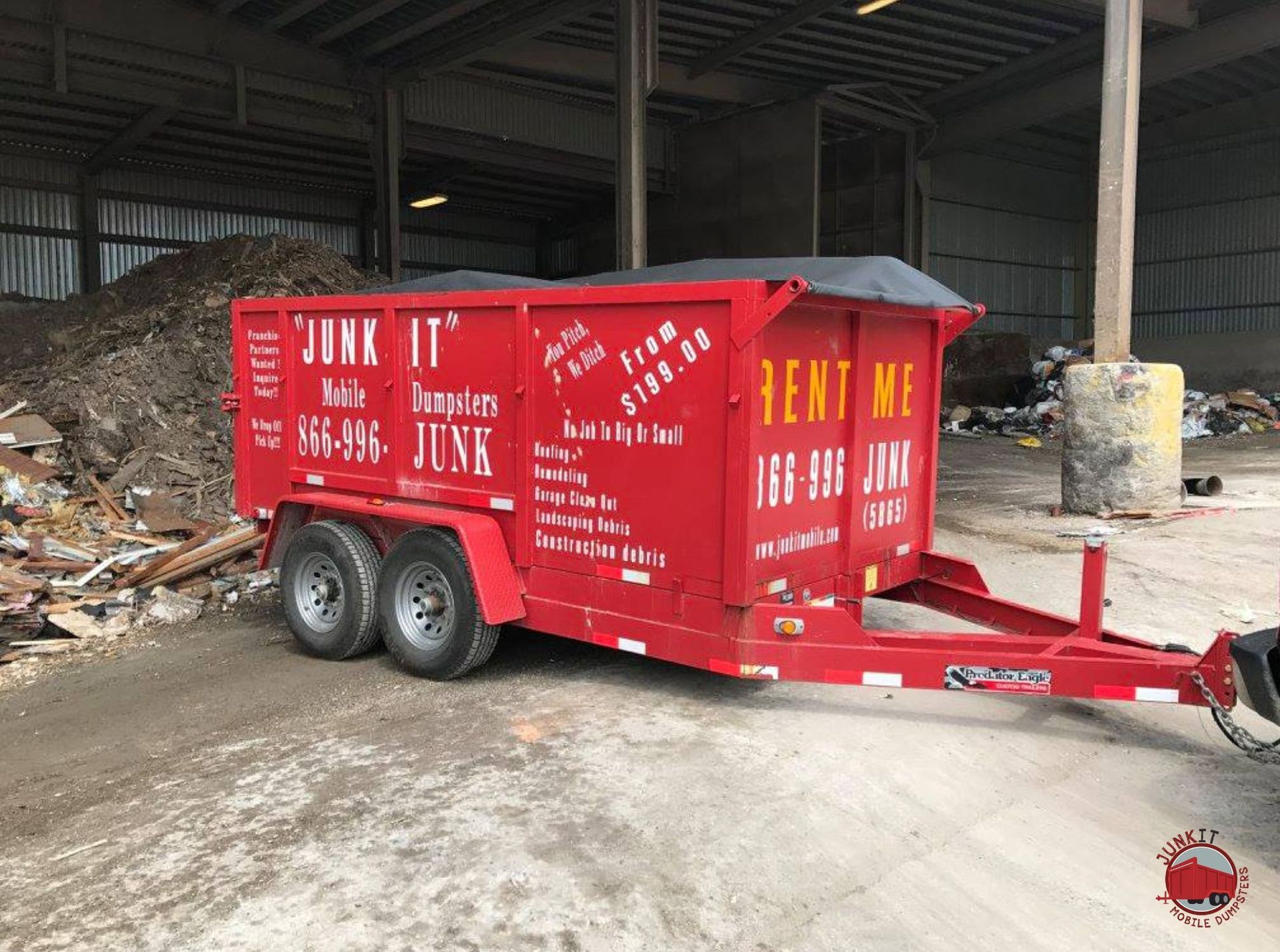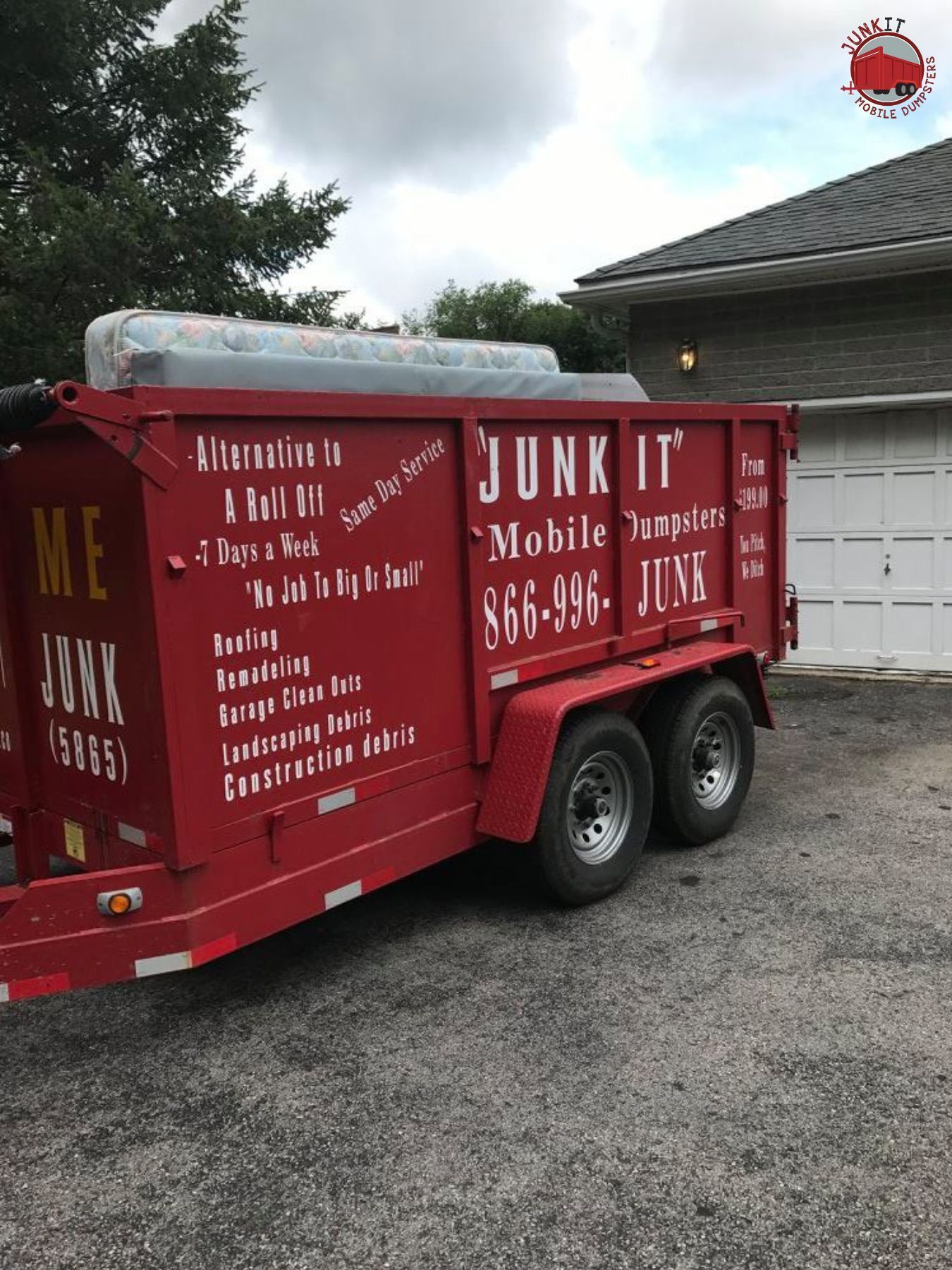Mobile Dumpster Rentals for Emergency Response: How They Aid Disaster Recovery
The Importance of Disaster Recovery
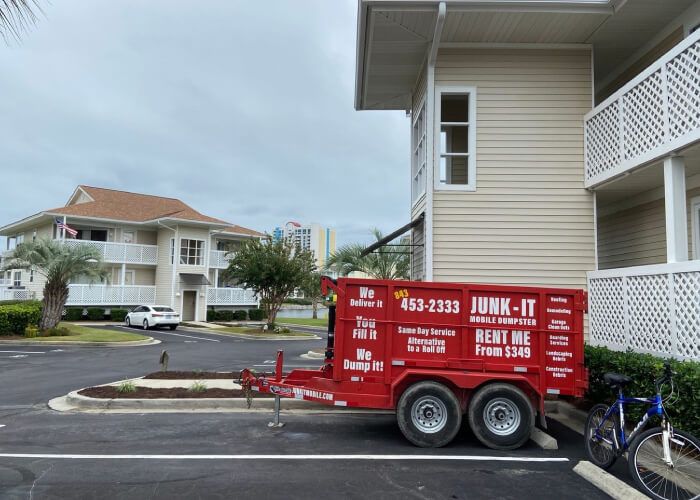
Disasters, whether natural or man-made, can strike without warning, leaving a trail of destruction and chaos in their wake. In the aftermath of a disaster, effective and efficient recovery efforts are crucial to restoring normalcy and rebuilding affected communities. Mobile dumpster rentals have proven to be invaluable tools in disaster recovery, helping communities and first responders manage debris and waste, clear debris-ridden areas, and expedite the recovery process. In this comprehensive guide, we will explore the role of mobile dumpster rentals in emergency response and disaster recovery.
In the wake of natural disasters, industrial accidents, or other catastrophic events, disaster recovery efforts become paramount. Dealing with the aftermath and efficiently restoring affected areas to normalcy is a challenging and complex task. Mobile dumpsters have emerged as indispensable tools in disaster recovery, playing a pivotal role in managing debris and waste, ensuring public safety, and expediting the restoration process.
Mobile dumpsters offer several key advantages in disaster recovery:
Efficient Debris Management: Disasters invariably result in the accumulation of debris, ranging from structural remains to personal belongings. Mobile dumpsters provide a centralized, efficient solution for collecting and removing this debris swiftly, allowing recovery teams to clear roads, access critical areas, and focus on the restoration of essential services.
Enhanced Public Safety: The timely removal of debris is essential for public safety. Debris obstructs access to disaster-affected regions and poses risks to residents, emergency responders, and recovery personnel. By swiftly addressing this issue, mobile dumpsters ensure safe entry and navigation within disaster zones.
Hazardous Waste Handling: Many disaster sites contain hazardous materials and contaminated waste, posing additional safety and environmental risks. Mobile dumpsters equipped with secure containment systems and specialized containers are instrumental in safely handling and disposing of these materials, preventing further harm to the environment and public health.
Resource Conservation: Disaster recovery often generates a significant amount of waste. Mobile dumpsters allow for the separation and proper disposal of recyclable materials, reducing waste and conserving valuable resources in the process.
Community Involvement:
Mobilizing mobile dumpsters in disaster-affected communities promotes community involvement and a shared sense of responsibility for recovery efforts. Residents can actively contribute to the cleanup and rebuilding process, fostering a collective spirit of resilience.
Disasters, which can range from hurricanes and floods to wildfires, earthquakes, and industrial accidents, have the potential to cause widespread devastation. The aftermath of a disaster often includes:
Debris Accumulation: Disasters generate vast amounts of debris, including damaged buildings, infrastructure, trees, and personal belongings. This debris must be removed to clear roads, access critical areas, and begin reconstruction.
Public Health Risks: Accumulated debris and waste can create public health hazards, as it may contain hazardous materials, contaminants, and organic matter. Addressing these issues promptly is essential.
Restoration of Services: The recovery process involves restoring essential services like electricity, water supply, and transportation. Debris removal is a prerequisite for these efforts to take place.
Safety and Access: Debris obstructs access to affected areas and poses safety risks to residents, emergency responders, and recovery personnel. Timely removal is necessary to ensure safe entry and navigation.
Psychological Recovery: A clean and clear environment plays a crucial role in the psychological recovery of disaster survivors. It provides a sense of progress and renewal.
The Role of Mobile Dumpster Rentals in Disaster Recovery
Mobile dumpster rentals play a multifaceted role in disaster recovery efforts. They provide a versatile and practical solution for managing debris and waste during the recovery process. Here are some of the ways in which mobile dumpster rentals aid in disaster recovery:
Debris Collection and Removal: Mobile dumpsters are used to collect and remove various types of debris, from building materials and fallen trees to household items and hazardous waste. This efficient removal process helps clear roadways and access points.
Storage and Organization: Mobile dumpsters provide a centralized location for storing and organizing collected debris. This enables recovery teams to categorize and prioritize different types of waste for recycling, disposal, or salvage.
Hazardous Waste Management: Disaster sites often contain hazardous materials and contaminated waste. Mobile dumpster rentals equipped with secure containment systems and specialized containers are crucial for the safe handling and disposal of these materials.
Community Cleanup: Mobile dumpsters are made accessible to disaster-affected communities, allowing residents to dispose of debris from their properties. This promotes community involvement and a shared sense of responsibility for recovery efforts.
Efficient Transportation: Mobile dumpsters can be strategically placed in areas of need, minimizing the distance and time required for transportation of debris to disposal sites. This efficiency is essential for swift recovery.
Temporary Storage Solutions: In cases where permanent waste facilities are inaccessible, mobile dumpster rentals provide temporary storage solutions until regular waste disposal services can resume.
Resource Conservation: Effective use of mobile dumpsters allows for the separation of recyclable materials, helping to reduce waste and conserve valuable resources during disaster recovery.
Challenges in Mobile Dumpster Rentals for Disaster Recovery
While mobile dumpster rentals are invaluable in disaster recovery, several challenges must be addressed to ensure their effectiveness:
Logistical Challenges: Coordinating the deployment and placement of mobile dumpsters in disaster-affected areas can be complex. Effective logistics are crucial for maximizing their impact.
Resource Allocation: Adequate resources, including mobile dumpsters and personnel, must be allocated to disaster recovery efforts. Resource shortages can hinder efficient debris management.
Safety Concerns: Handling hazardous materials and contaminated waste during disaster recovery poses safety risks. Proper training and safety measures are essential for the personnel involved.
Environmental Considerations: Disposal of disaster-related debris, especially hazardous materials, must adhere to environmental regulations. Failure to do so can have long-term environmental consequences.
Community Involvement: Encouraging community involvement and participation in debris removal is important but can be challenging. Communication and coordination are key in this regard.
Disaster recovery is a complex and challenging process, but the use of mobile dumpster rentals has proven to be a critical component of successful recovery efforts. These versatile tools offer practical solutions for the collection, storage, and removal of debris and waste, helping to clear affected areas and facilitate the restoration of essential services. Disaster recovery teams and communities alike benefit from the efficiency and convenience of mobile dumpster rentals.
As climate change continues to increase the frequency and severity of disasters, mobile dumpster rentals will become even more vital in managing the aftermath. By addressing challenges and allocating resources effectively, disaster recovery teams can leverage mobile dumpster rentals to make a significant impact, not only in restoring physical infrastructure but also in helping communities rebuild and heal in the face of adversity.
All Rights Reserved | Junk It Mobile Dumpsters
Website Managed by
Leads By Vinny |
Privacy &
Terms
